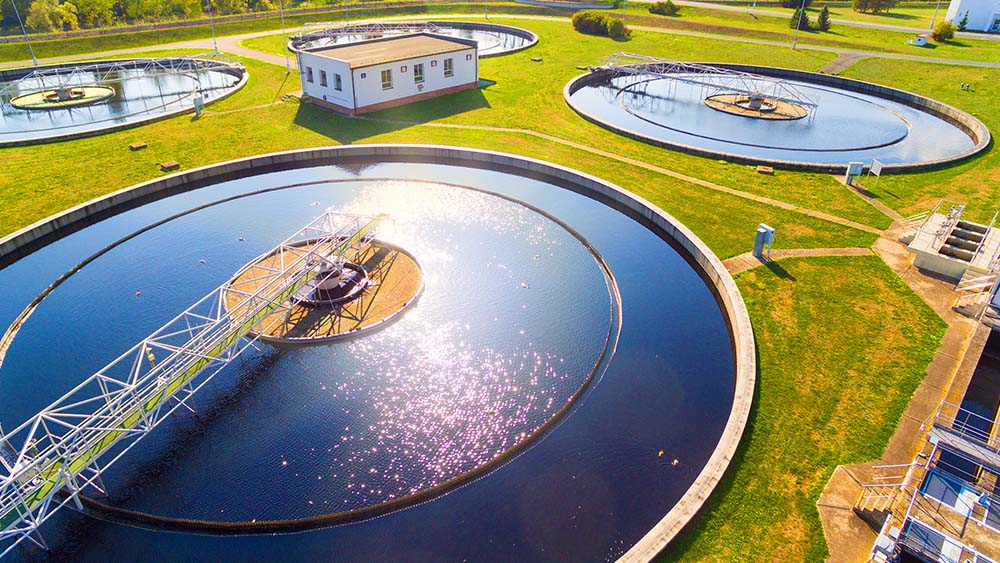
There’s a critical need to promote the sustainability of the natural and built environment under extreme events, climate change and socio-economic development and urbanization.
Sustainability is a method of harvesting or using a resource so that the resource is not depleted or permanently damaged. In other words, a sustainable process meets the needs of the present without compromising the ability of future generations to meet their own needs. Resilience refers to the ability of a system to recover from adverse events like wildfires, floods, and hurricanes, as well as long-term shifts like rising sea levels and drought.
Some of Our Research Specialties
- Air quality
- Bioremediation
- Climate change
- Coastal wetland erosion
- Containment treatment
- Community resilience
- Deep ocean carbon sequestration
- Disaster damage assessment and prediction
- Extreme wave impact
- Freight transport resiliency
- Fluid-structure interactions
- Infrastructure assessment
- Mitigation planning
- Natural hazards engineering
- Post-disaster system functionality
- Resilient structures
- Urban transportation network reliability
- Wastewater reclamation
- Water availability and reuse
- Water and food security
Area faculty and researchers:
- Dr. Anna Birely
- Dr. Anthony Cahill
- Dr. Kuang-An Chang
- Dr. Shankar Chellam
- Dr. Hamn-Ching Chen
- Dr. Kung-Hui Chu
- Dr. Huilin Gao
- Dr. Nasir Gharaibeh
- Dr. Stefan Hurlebaus
- Dr. Maria Koliou
- Dr. Xingmao "Samuel" Ma
- Dr. Garrett McKay
- Dr. Rabi H. Mohtar
- Dr. Arash Noshadravan
- Dr. Stephanie Paal
- Dr. Petros Sideris
- Dr. Scott Socolofsky
- Dr. Xiubin "Bruce" Wang